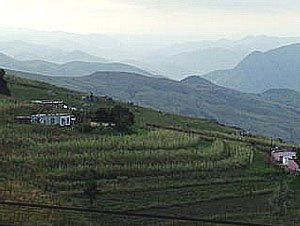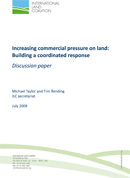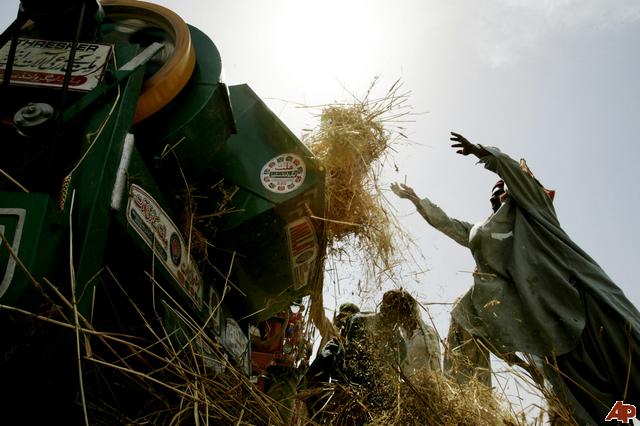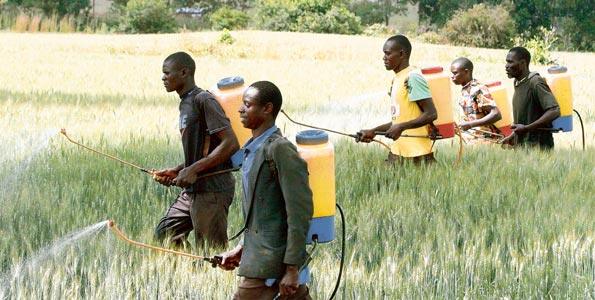Large land deals, outsourcing, and responsible development
- Vox
- 24 July 2009
If the host state and foreign investors act in conformity with these suggestions, they will maximise the prospects that any large-scale land transaction benefits all stakeholders and minimise the chances of concluding harmful deals.
















